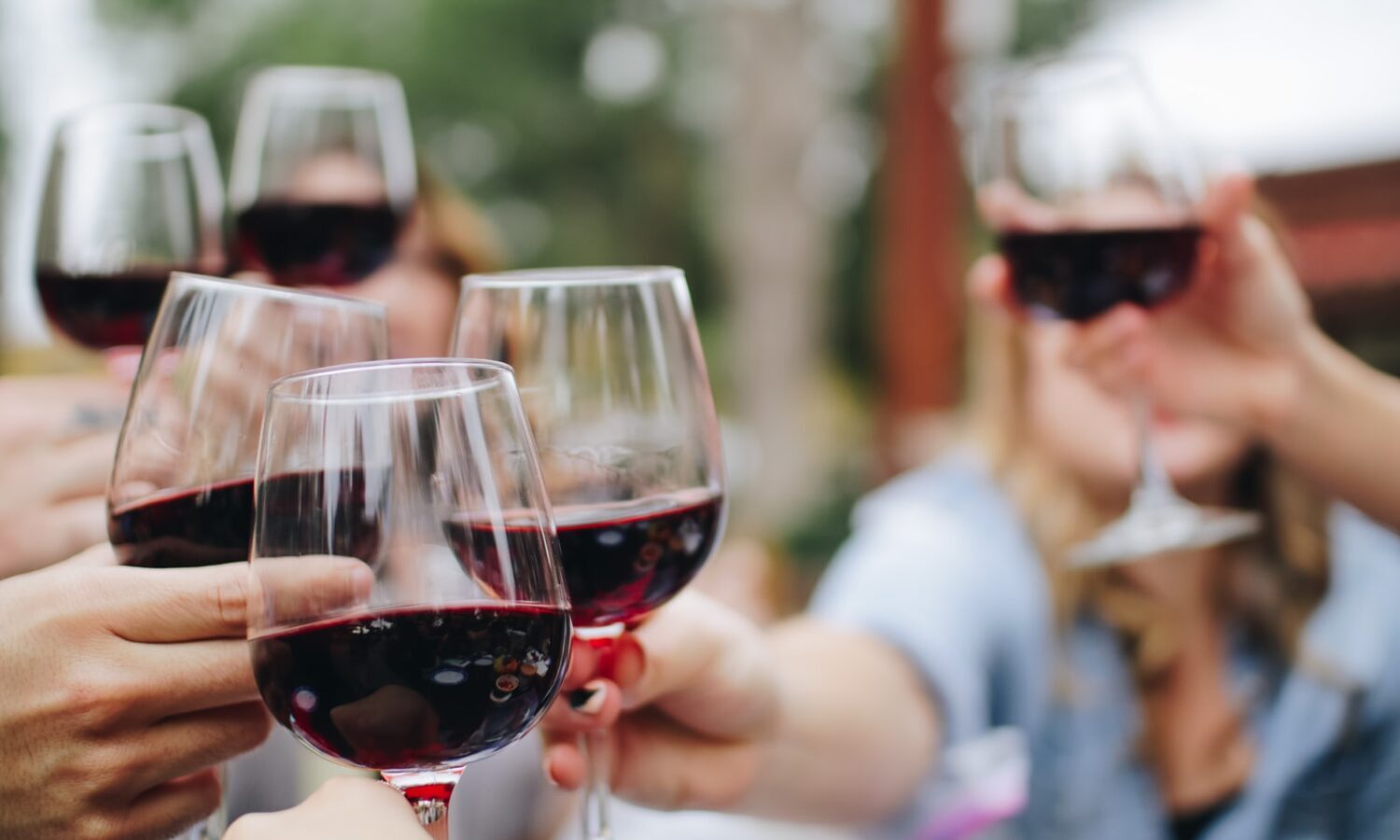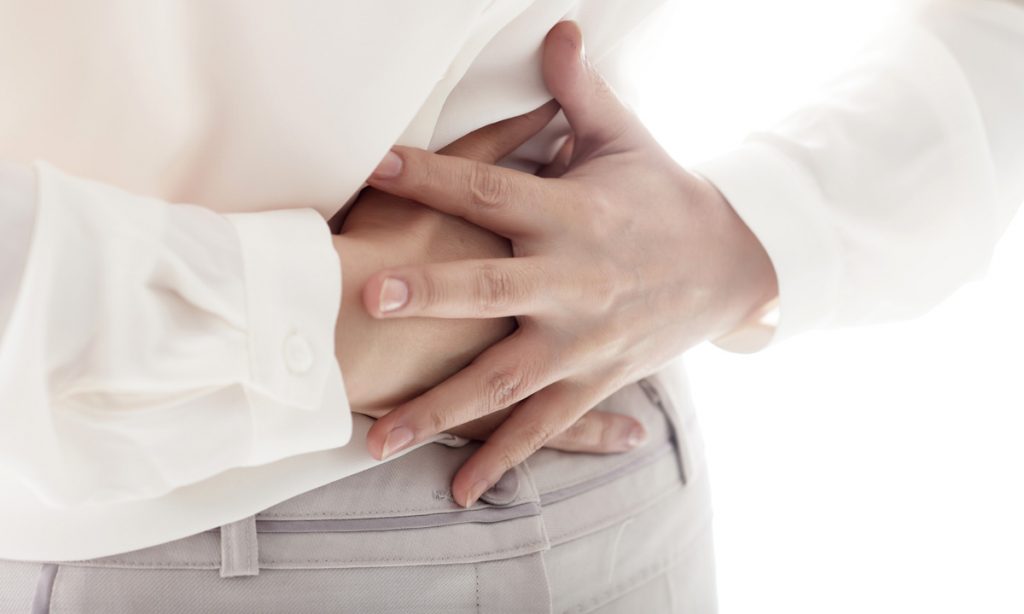
In partnership with The Fresh Toast
The study represents a significant advance in our understanding of the role of gut microbiota in motivated behavior, specifically the behavior of voluntary alcohol consumption.
The impulse to drink is complicated and tied to a variety of things. While you may have cultivated your taste for alcohol due to your lifestyle and lots of time spent out with friends, there’s an important genetic component to these habits.
A new study conducted by researchers from Madrid found some links between the urge to drink alcohol and gut health. According to researchers, if these findings were to be explored, people could develop a better understanding of why they feel the impulse to drink and health experts could come up with novel forms of treating alcohol disorders, conditions that have been historically tough to overcome.

RELATED: Study Finds Sweet Spot In Amount Of Weekly Exercise
Researchers examined 507 young participants, who provided fecal samples for analysis and completed a questionnaire about their drinking patterns. These samples were then compared to a group of non-drinkers, with researchers finding some differences in their stomachs, with drinkers having an abundance of a bacteria called Actinobacteria
Researchers then turned to animals to find out if the bacteria in their guts pushed them to want to drink alcohol. Researchers transplanted the fecal bacteria of alcohol dependent animals to those that were non-drinking and discovered that the latter group started having cravings after the procedure.
“The study represents a significant advance in our understanding of the role of gut microbiota in motivated behavior, specifically the behavior of voluntary alcohol consumption,” according to Elena Giné, researcher at the UCM’s Department of Cellular Biology.
Experts have a couple of theories as to why this could happen. Alcohol could increase the presence of bacteria that pushes animals and people to drink, or it could decrease other bacteria and change the microbiome of the host’s organism, thus making them crave alcohol.
RELATED: Strokes And High Blood Pressure Linked With This Everyday Activity
While the study remains in its initial stages, it raises some interesting questions. Most importantly, if more studies were conducted and this theory was proven correct, some alternate methods of treating alcohol disorders could appear, affecting the lives of millions of people all over the world.
Read more on The Fresh Toast
Advertising disclosure: We may receive compensation for some of the links in our stories. Thank you for supporting Irvine Weekly and our advertisers.
